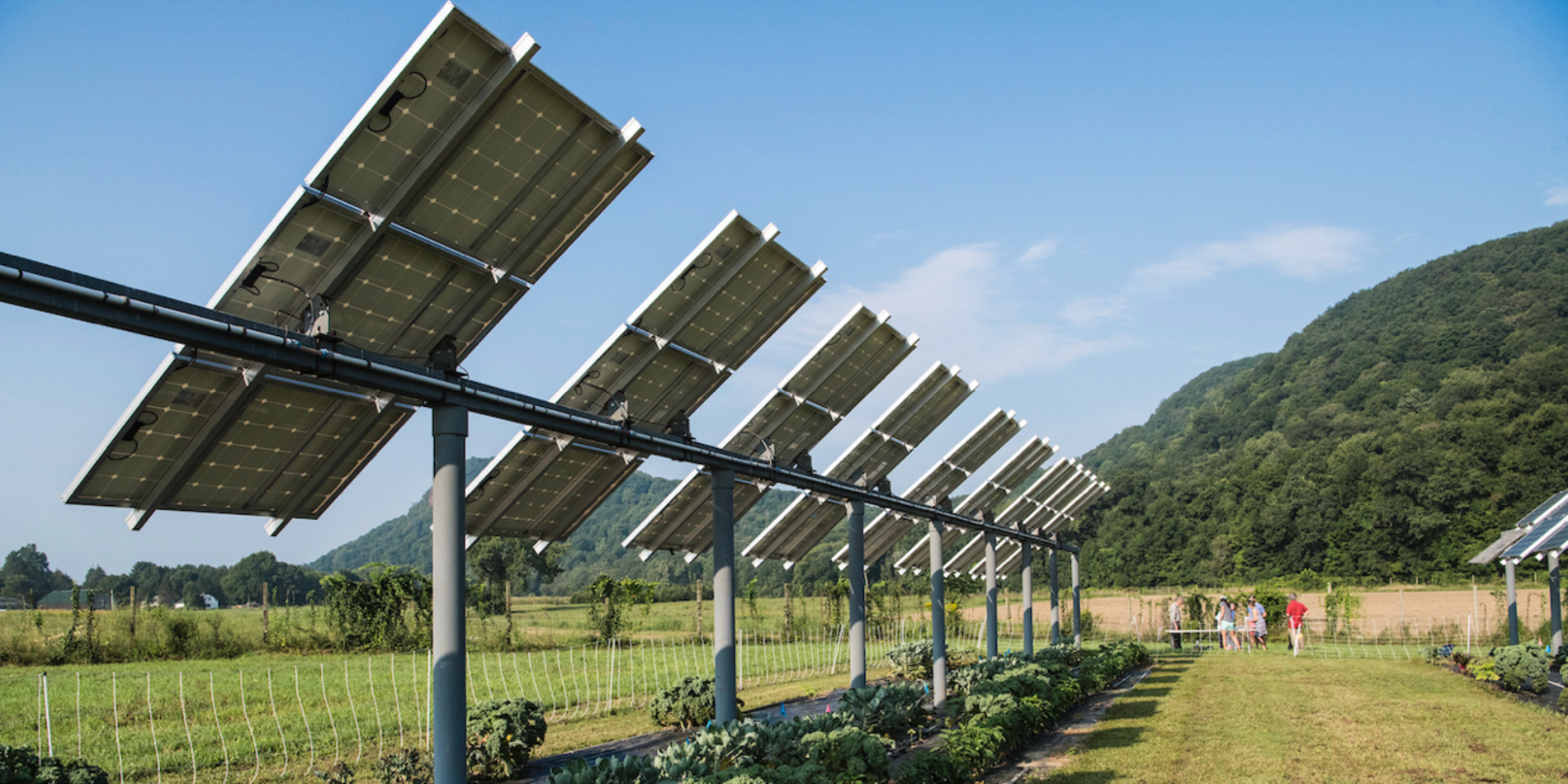2017-18 Innovation Transfer Program Awardees
The Innovation Transfer Program run by the TomKat Center for Sustainable Energy is designed to help researchers externalize their innovations and move them from the laboratory to real-world applications. In its first five years, the program has awarded close to $3.4 million to 49 teams of Stanford students and alumni led by Stanford faculty. These in turn have already led to 13 revenue-generating companies (including one acquisition) and enabled over $94 million in follow-on funding from other sources. Each year the program funds around 10 to 15 new projects. Below are the thirteen projects that received funding from the TomKat Center during the 2017-18 academic year.
Spring 2018
XFlow Energy is developing robust, inexpensive, and efficient vertical-axis wind turbine (VAWT) technologies that can reduce the cost of wind energy generation and expand it into currently inaccessible sites. Ian Brownstein (PhD, Stanford), Ben Strom (PhD, University of Washington), Prof. John Dabiri, CEE & ME (PI)
Aeromutable has designed an add-on active wake control device for vehicles, particularly truck trailers, which will enhance safety and is capable of reducing the power required to overcome aerodynamic drag by over 16%. David Manosalvas-Kjono (PhD Aero & Astro), Prof. Juan J. Alonso (Aero & Astro) and Prof. Antony Jameson (Emeritus Aero & Astro)
Banyan focuses on capacity optimization (minimizing empty miles for freight carriers) as a means of reducing environmental and infrastructure toll, lowering total transportation costs, and improving pay and quality of life for trucking and other transportation carriers. Bishop Ravenel (MSx, GSB) and Prof. Saumitra Jha (GSB)
Mawa Modular (from the Arabic word for shelter) provides a sustainable solution to address the shelter needs of displaced populations and refugees. The solar-powered housing modules are designed to be safe, resilient, cost-effective, net-zero energy, and off-grid. Bushra Bataineh (PhD, CEE), Ruth Mcgee, Leni Peterson (BS, ME), and Prof. Raymond Levitt, CEE (PI)
Weave Grid brings together utility, automotive, and driver data to remotely optimize and control electric vehicle charging, thus addressing grid integration challenges from EV adoption and enabling a faster transition to electric transportation. Apoorv Bhargava (MS E-IPER; MBA, GSB), John Taggart (PhD, MS&E), Prof. James Sweeney (MS&E)
Fall 2017
Buzz Solutions automates the process of power line inspection using data collection from autonomous drones as well as fault detection using a software platform with advanced image processing and predictive analytics. Dennis Chang (BS Eng, MS MS&E), Kaitlyn Albertoli (BS Intl Relations & Psych), Vikhyat Chaudry (MS CEE), Prof. Robert Sinclair, MSE (PI)
Fervo Energy is looking to build geothermal energy generation potential by leveraging recent innovations from the oil and gas industry, including reservoir simulation and hydraulic fracturing, which will allow it to dramatically lower the cost and expand the resource base of geothermal energy. Tim Latimer (MBA, MS-EIPER), Ankush Singh (PhD Geophysics), Ahinoam Pollack (PhD Energy Resources Engineering), Prof. Tapan Mukerji, ERE (PI)
FullMoon has built a miniature chemical sensor that is capable of selectively detecting different gases of interest (especially methane), while simultaneously keeping costs and energy requirements low. Dr. Pierre-Alexandre Gross (postdoc, BioE), Dr. Ehsan Sadeghipour (postdoc, BioE), Prof. Beth Pruitt, BioE and ME (PI)
IRCool Textiles is developing commercially ready fabrics that provide cooling by infrared radiation (IR) based on photonic structure textiles. They envision these being adopted by factory workers, athletes, and people living or working in hot environments. Peter Catrysse (Sr. Research Engineer, EE), Prof. Yi Cui MSE, Prof. Shanhui Fan EE (PI)
Kukua Incubator is an at-home chicken egg incubator that is energy-efficient enough to run on solar power and is designed to interface directly with Off-Grid Electric’s existing home-solar systems in Tanzania. Amy King (BS Earth Systems, MS CEE), Nick Azpiroz (BS Science, Technology, and Society, MS ME), Eric Reynolds Brubaker (MS/PhD ME), Prof. Jim Patell, GSB (PI)
Safi Analytics plans to disrupt the status quo of energy for businesses in emerging markets through a low-cost, simple energy management platform that helps businesses unlock energy savings and connect with the best solution providers. Lauren Dunford (BA, MBA), Kennedy Nganga, Weston McBride, Prof. Rebecca Lester GSB (PI)
ScrapWorks is a service that can dramatically reduce the food waste from industrial kitchens caused by faulty or non-existent demand forecasting. Sonia Baltodano (PhD, ME), Prof. David Beach, ME (PI)
Antora Energy is an inexpensive, long-duration energy storage solution that combines high-temperature thermal energy storage with novel, high-efficiency thermophotovoltaic energy conversion to support the widespread deployment of renewable energy. Justin Briggs (PhD, AP), Andrew Ponec (BS, EE), Prof. Jen Dionne MSE (co-PI), Prof. Bill Dally EE (co-PI)




